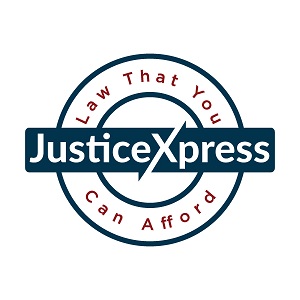JusticeXpress MyLegalAffairs™
Legal Technician Prepared Documents
The Legal Technician-Prepared Legal Documents are offered at the fixed prices listed below.
How it works:
- Click on a document name to purchase it.
- Complete a simple, online Questionnaire and submit it to us via this web site.
- A legal technician will review your submitted Questionnaire and contact you if additional information is needed to clarify your intent. If necessary, your Legal Technician will draft language to make sure the document reflects your intent and is right for your circumstances.
- When your completed document is ready, your Legal Technician will upload it to your MyLegalAffairs™ web space and notify you via e-mail.
- Simply log into your secure web space to review, download and print your completed document.
Document Categories
Keep in mind that the Legal Technician-Prepared Legal Documents may not be suitable for every circumstance and are generally designed for uncontested matters.
To determine if this service is right for you, please use the Support link on this web site to provide a brief summary of your situation. A member of the firm will respond.
The legal advice provided in conjunction with the Legal Technician-Prepared Legal Documents is limited to questions and/or issues that need to be addressed in order to properly prepare your documents. If extensive legal advice is needed and falls beyond the scope of this offering and/or your situation materially changes, an additional fee may be required.
